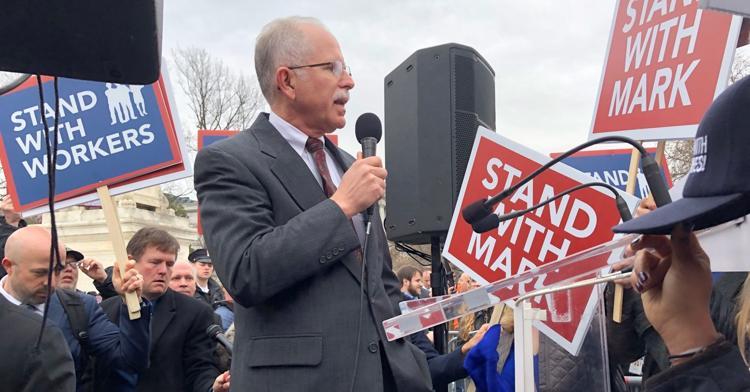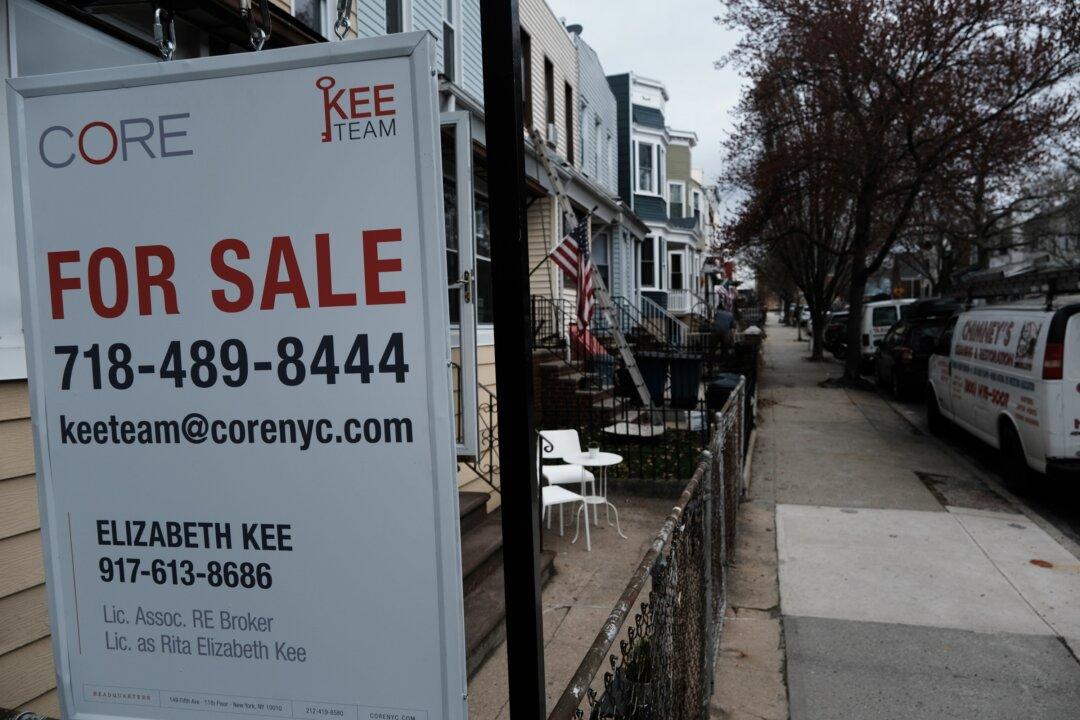The top four public labor unions in the United States lost hundreds of thousands of members since a 2018 Supreme Court case that ruled government employees could not be forced to pay a union to keep their job, a new report shows.
The Commonwealth Foundation released the report, which found that the top four public labor unions— AFT, AFSCME, NEA, and SEIU—lost nearly 219,000 members altogether since the Janus v. AFSCME ruling.





